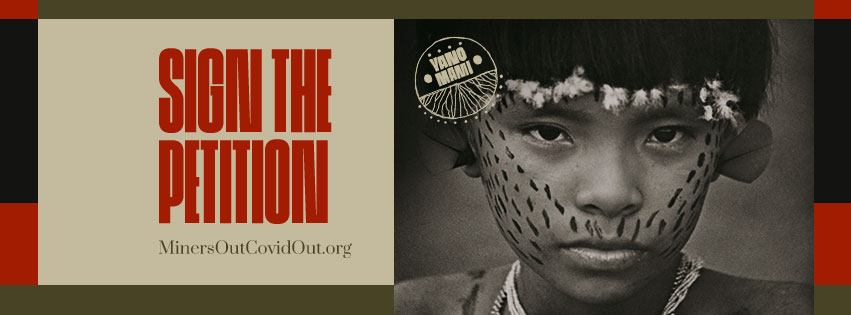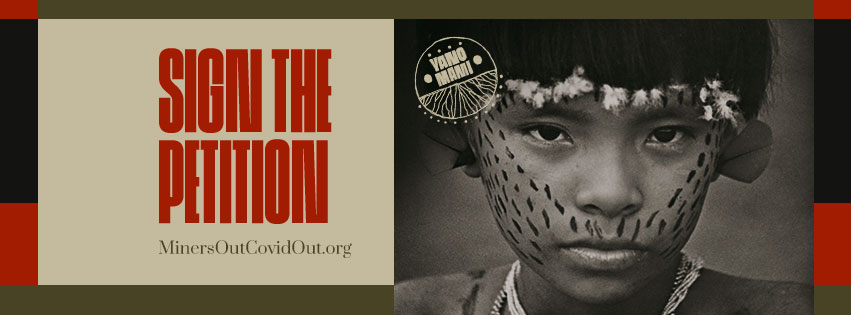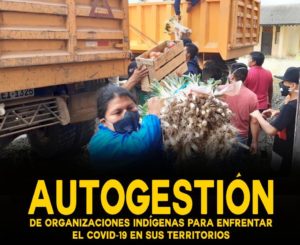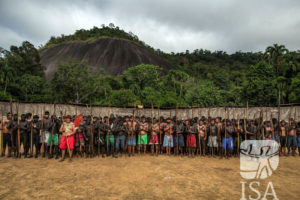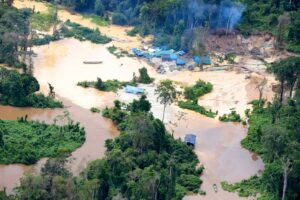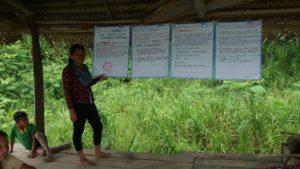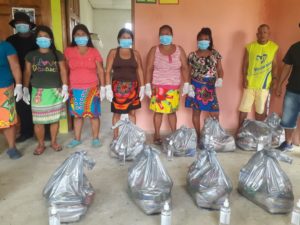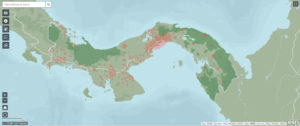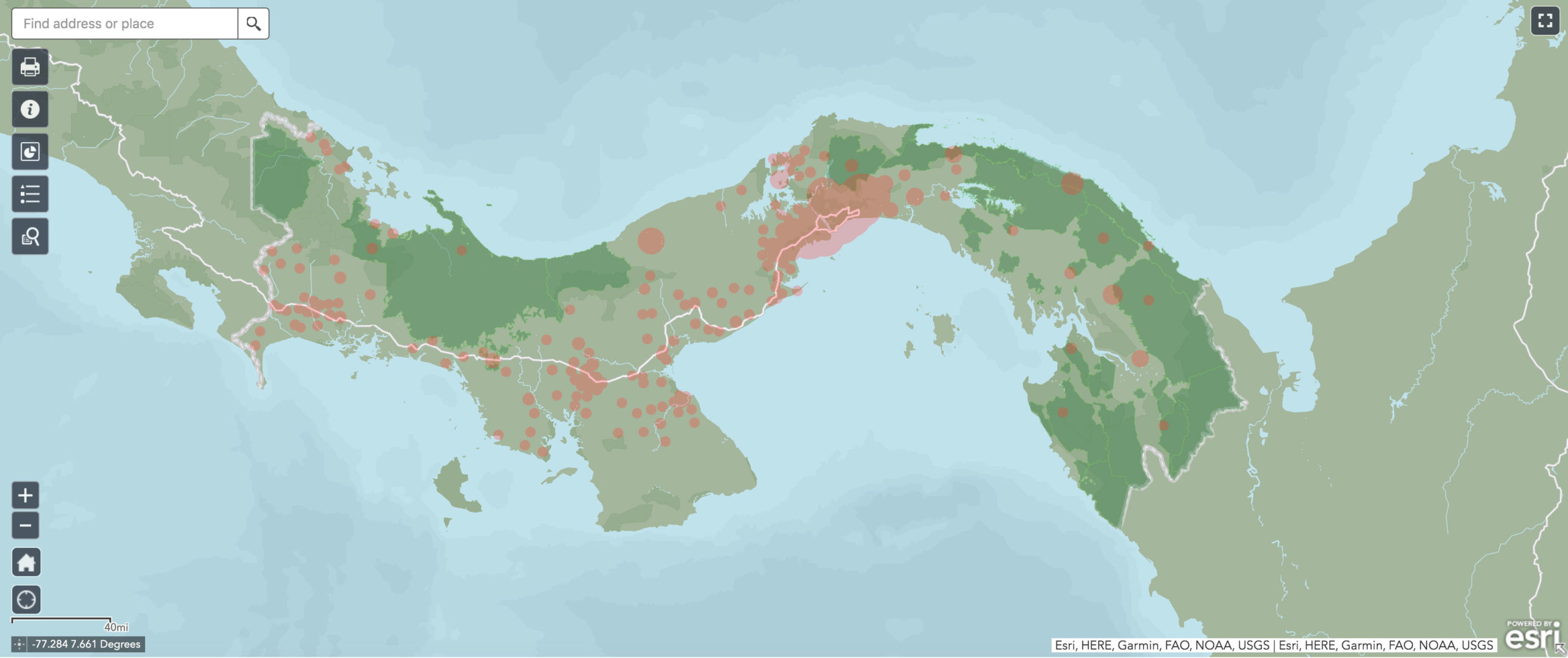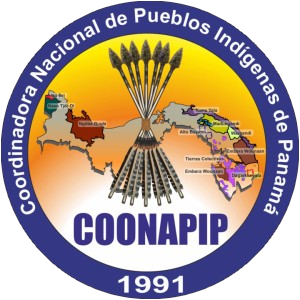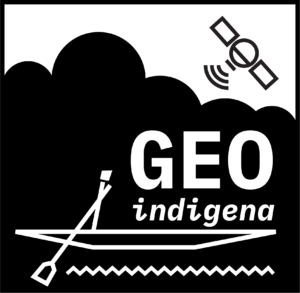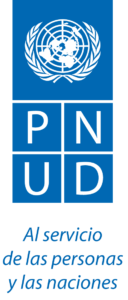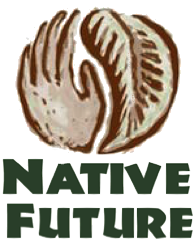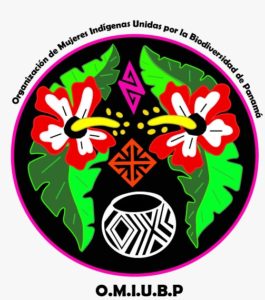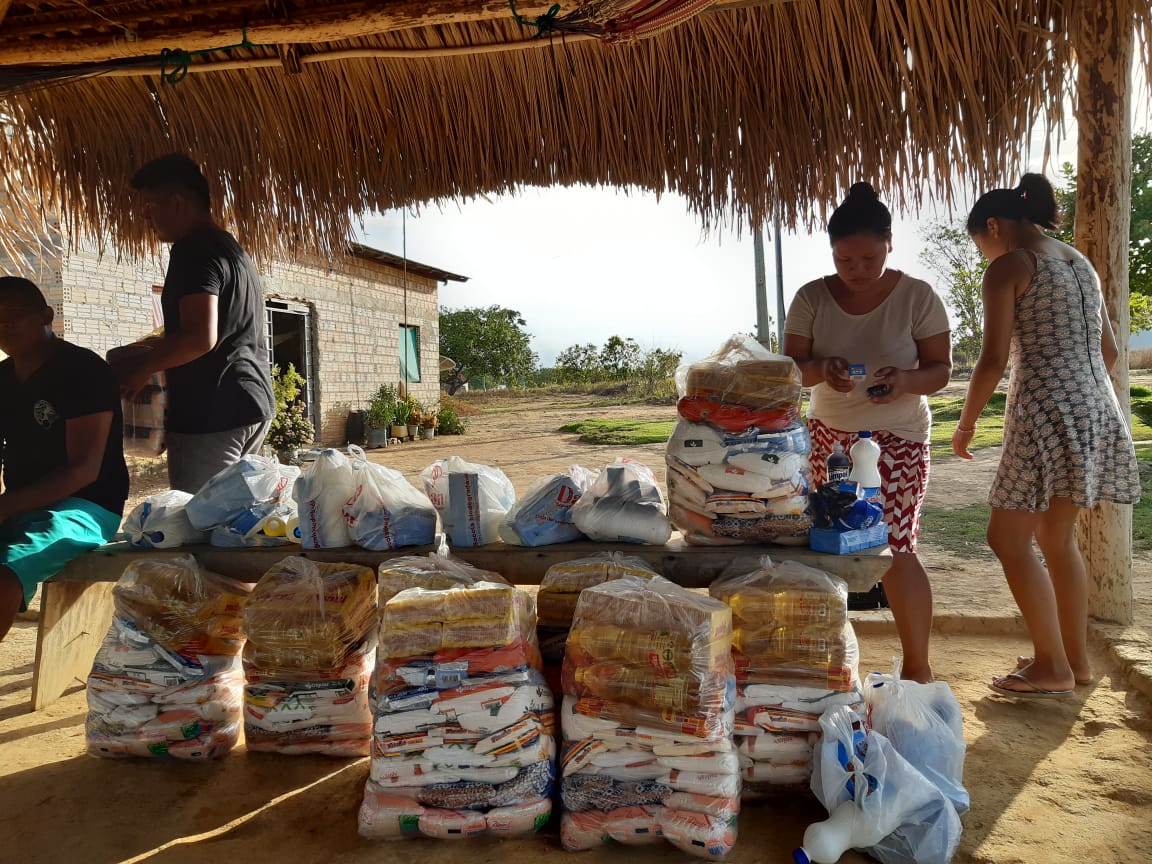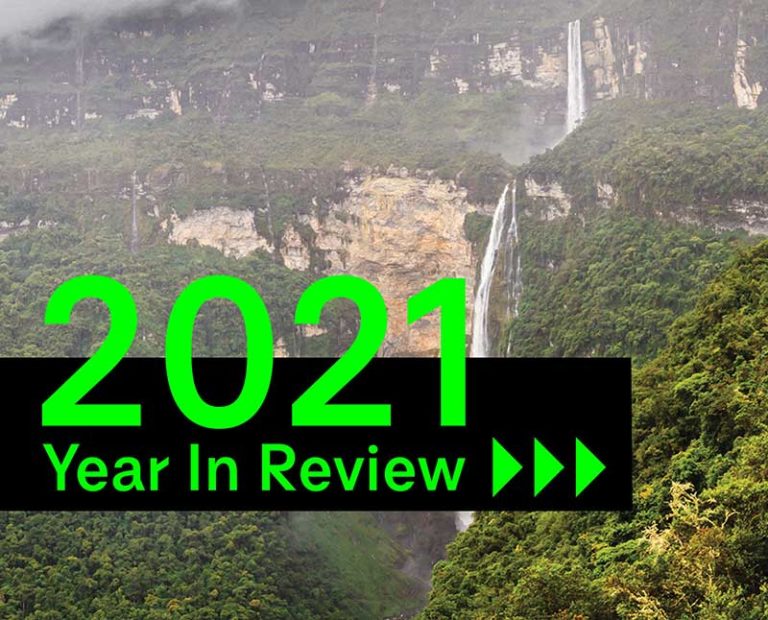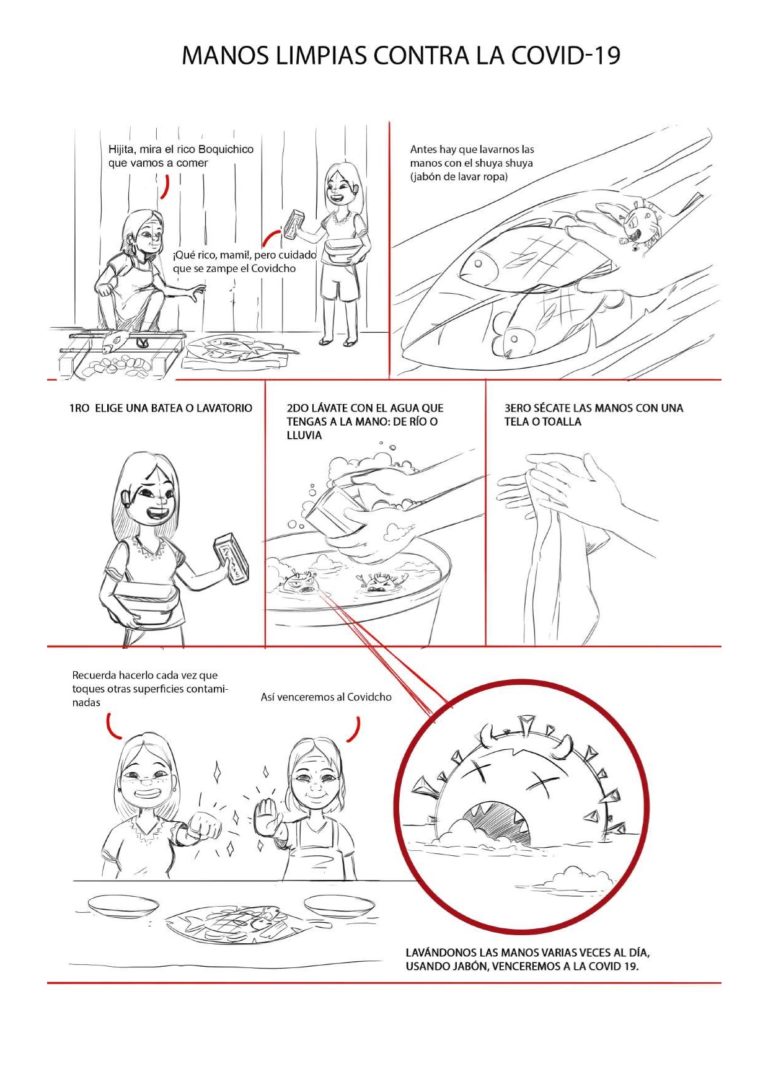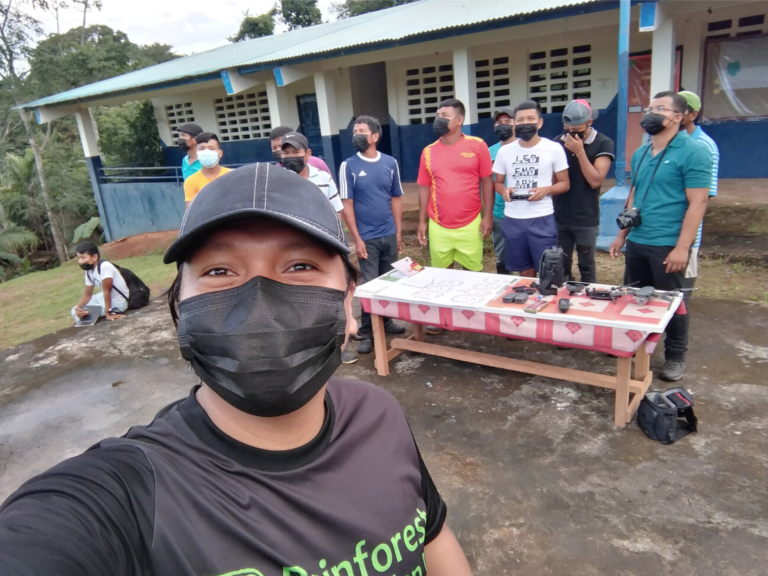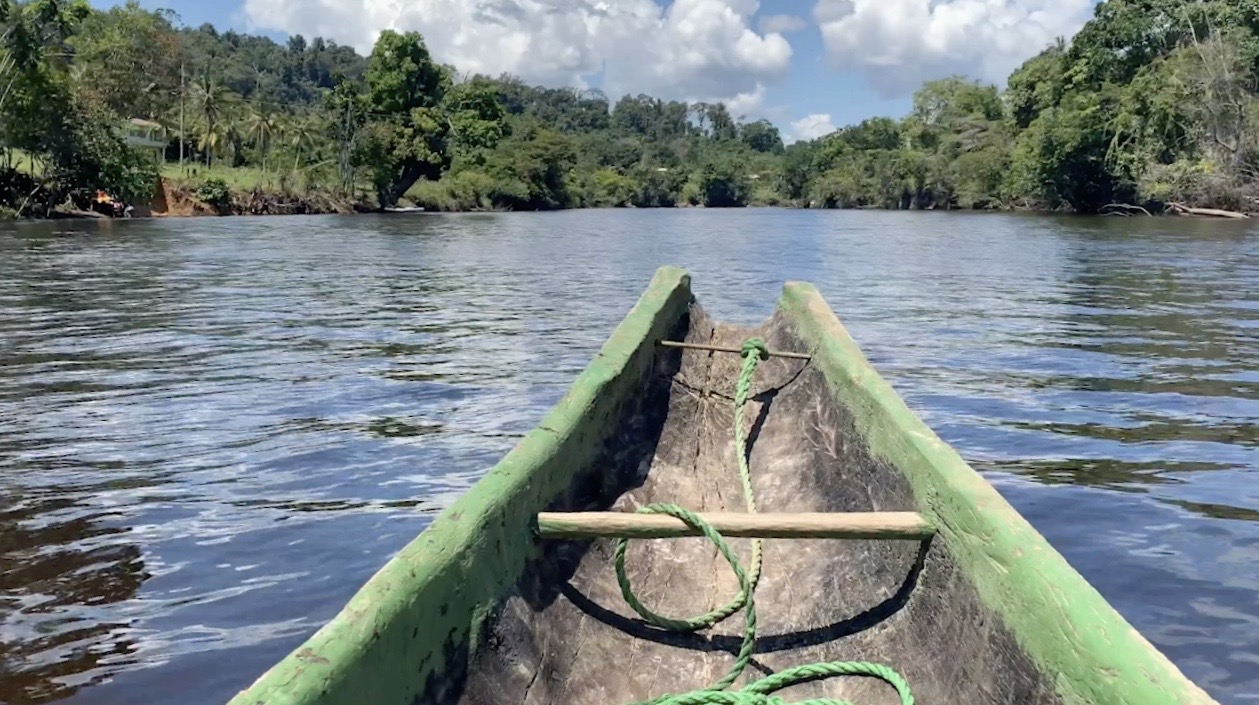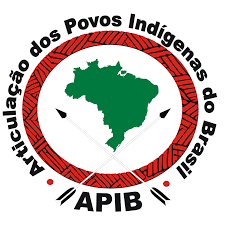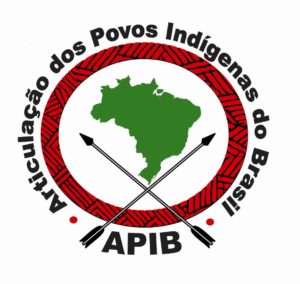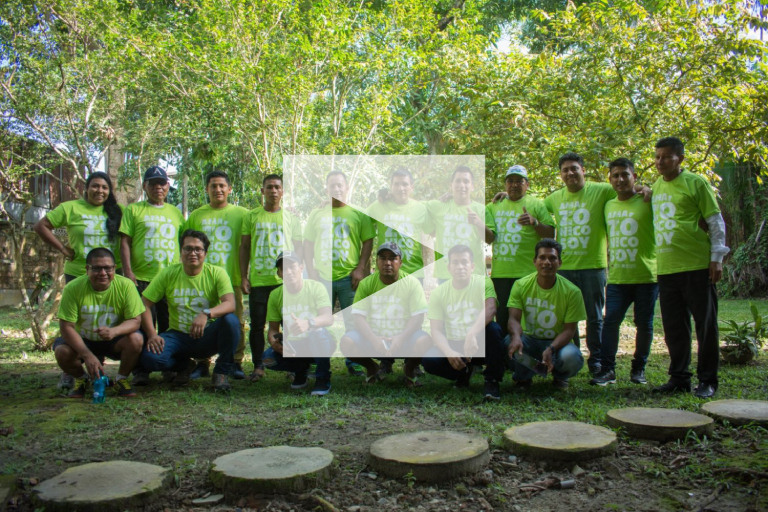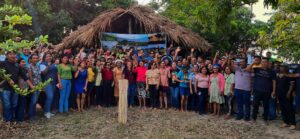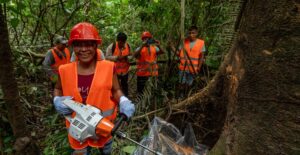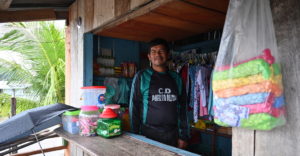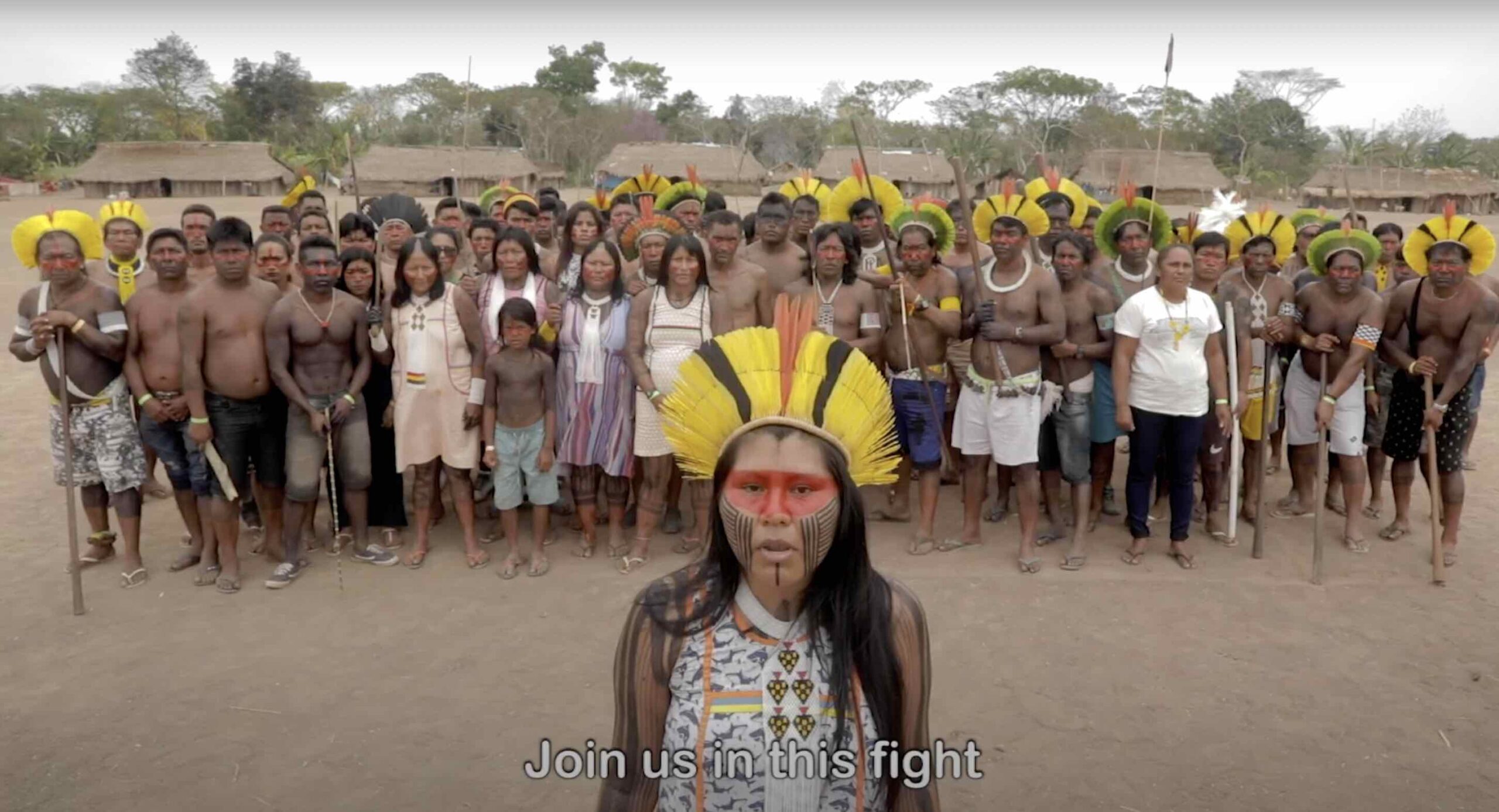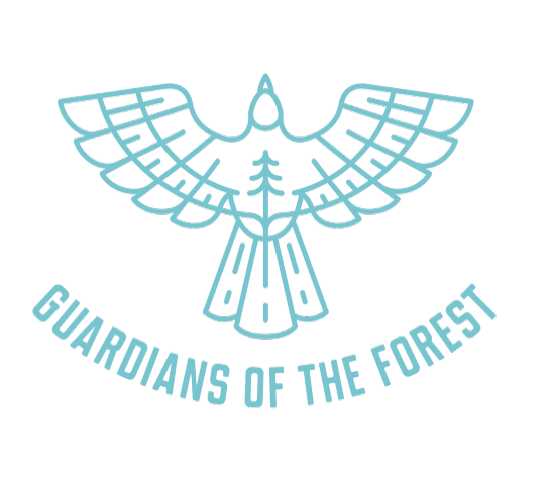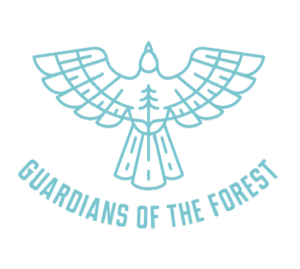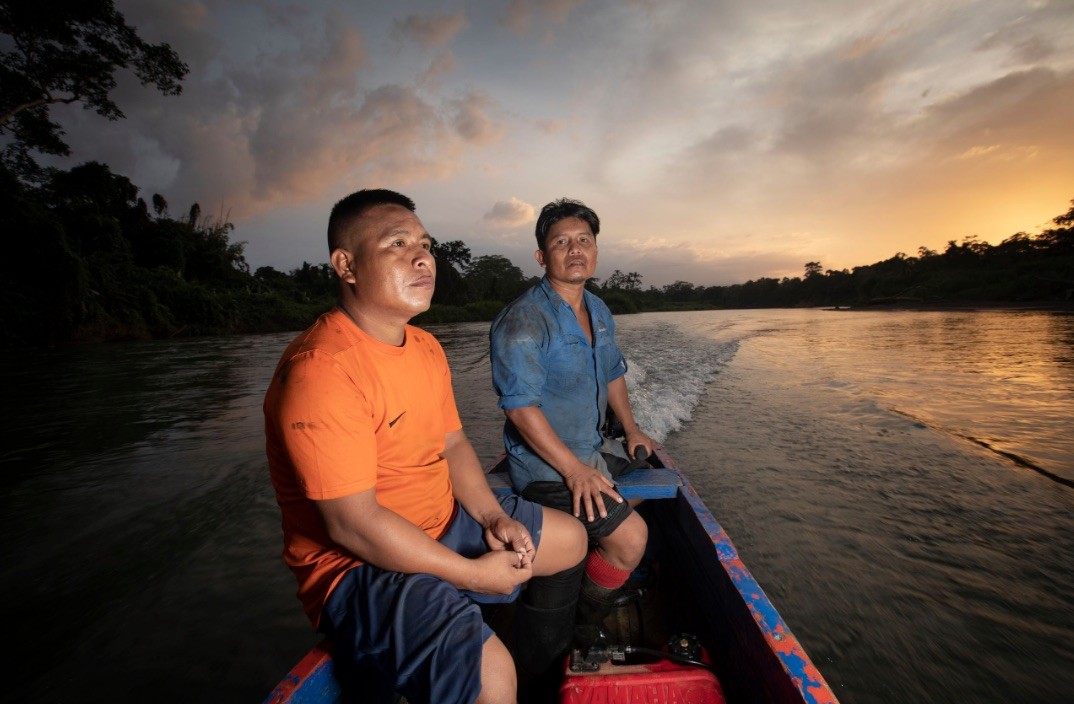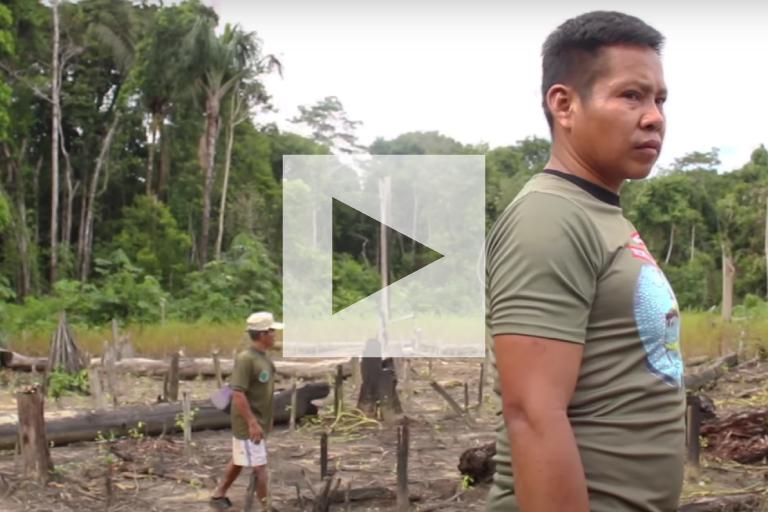SOS Rainforest Livestream to Protect Indigenous Peoples and the Planet
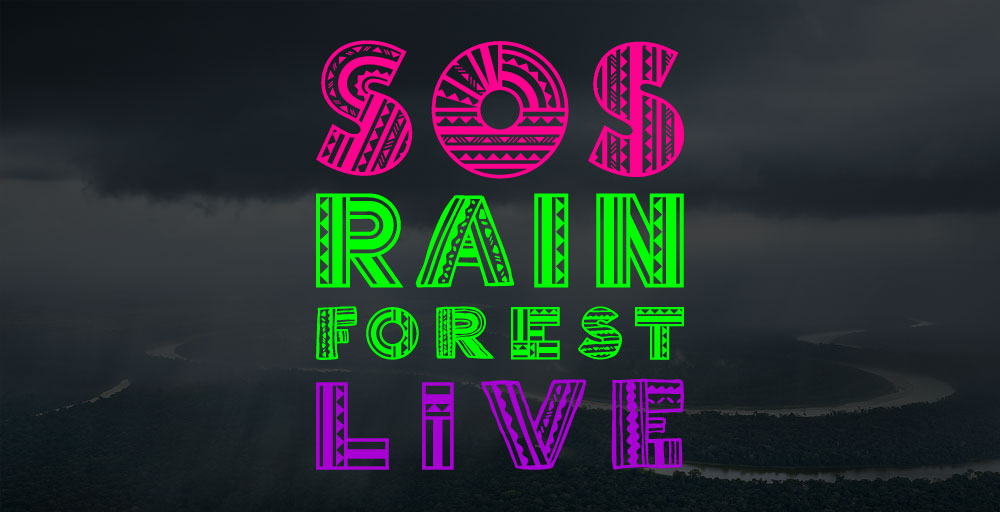
Musicians, indigenous peoples, activists, and celebrities come together to raise awareness and funds for indigenous communities facing twin existential threats from Covid-19 and stepped up tropical rainforest destruction.
On June 21, major international artists will join in solidarity with indigenous peoples for an international livestream to raise awareness and support for indigenous forest guardians who are under extreme threat from the coronavirus. Top recording artists from around the world will be joined by indigenous leaders and environmental activists to draw attention and much needed funds to support the fight of indigenous communities against the twin existential threats they face: Covid-19 and tropical rainforest destruction.
The star-studded event includes performers such as UK rock star Sting (founder of Rainforest Foundation), Manú Chao, Alan Parson, Caribbean sensation OMI, and many other musicians from Latin America like Maná, Aterciopelados, Carlos Vivés, Caetano Velos, and Gilberto Gil. Actress Oona Chaplin, and model and activist Gisele Bündchen, will also be present. For a full list, please visit SOS Rainforest Live! The event will livestream on YouTube and TikTok.
In addition to broadcasting the livestream, TikTok, the platform for short mobile videos, will also host a dance challenge through which they hope to raise and donate up to $300,000 to the SOS Rainforest Live! event. The TikTok-hosted campaign will use the hashtag #sosrainforestchallenge across Latin America. See the TikTok dance.
Why it’s important to protect indigenous peoples and tropical rainforests
Rainforest destruction is a key driver of global emissions, biodiversity loss, and is increasingly linked to disease outbreaks, which is why protecting these forests is more critical than ever. Last summer, raging fires in the Amazon caught the attention of the world. This summer’s, fire season is expected to be worse, which is why supporting indigenous communities must be an international priority.
Indigenous peoples are particularly vulnerable to the coronavirus due to lower immunity to diseases and lack of access to adequate health care. But while the world is looking elsewhere, many threatened tropical rainforests are witnessing a surge of destruction and land invasions from illegal miners and loggers – further exposing local communities to the virus and exacerbating the climate crisis.
SOS Rainforest LIVE is organized by the Rainforest Foundation of Norway, UK and the US.
Tune in Sunday, June 21st at 3PM ET on YouTube and TikTok.
Read More
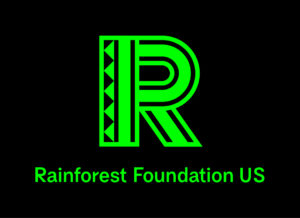
Justice Prevails: Peru Court Sentences Murderers of Indigenous Land Defenders to 28 Years
After ten long years, justice was served on Thursday, April 11, for the victims of the emblematic Saweto case in the Ucayali region of Peru. The Court sentenced the five accused to 28 years and three months of imprisonment for the crimes against Ashéninka community leaders from Alto Tamaya – Saweto: Edwin Chota Valera, Jorge Ríos Pérez, Francisco Pinedo Ramírez, and Leoncio Quintisima Meléndez, who were brutally murdered on September 1, 2014.
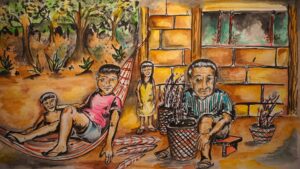
Carbon Markets and Our Rights: A Guide for Indigenous Peoples and Local Communities
The voluntary carbon market is quickly evolving and being introduced in new territories, making it challenging to sort out who’s who and what the implications are for impacted communities. To support Indigenous communities and local communities to better understand carbon markets, Rainforest Foundation US has launched the first three videos of a six-part animated series to demystify the market and provide communities with the essential information to protect their rights.
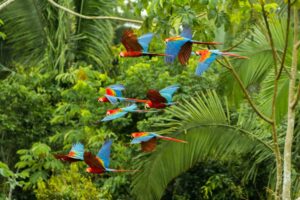
April 2024 Newsletter
As Earth Day draws near, we’re excited to share with you our ambitious plans for the future. This year began with a breakthrough: the Peruvian government’s commitment to grant permanent land titles to 19 Ticuna and Yagua communities. With official rights to their ancestral lands, these communities can better. Additionally, our territorial monitoring program now safeguards over 17 million acres of vital rainforest. Dive into our April newsletter to explore these milestones and join us in making a difference.

